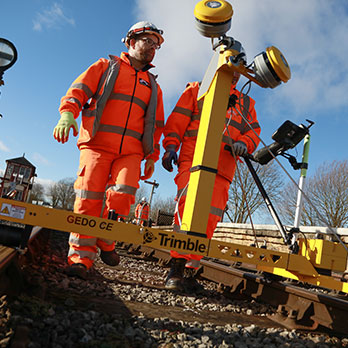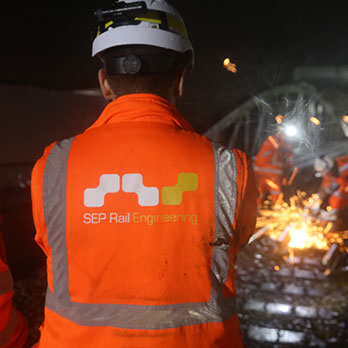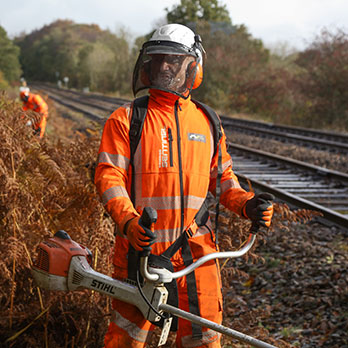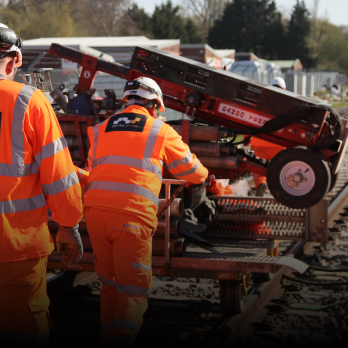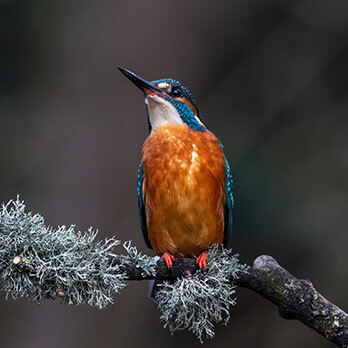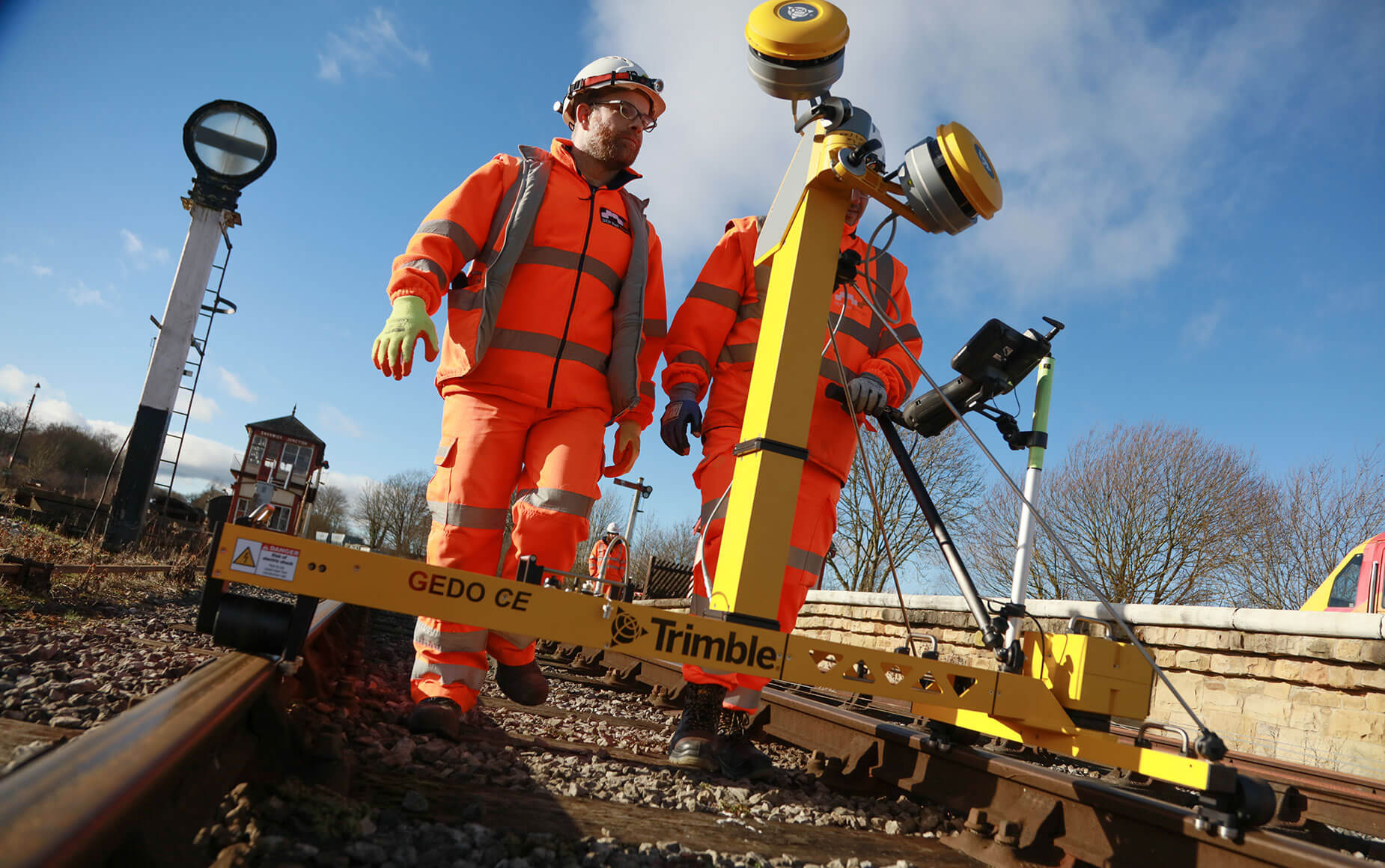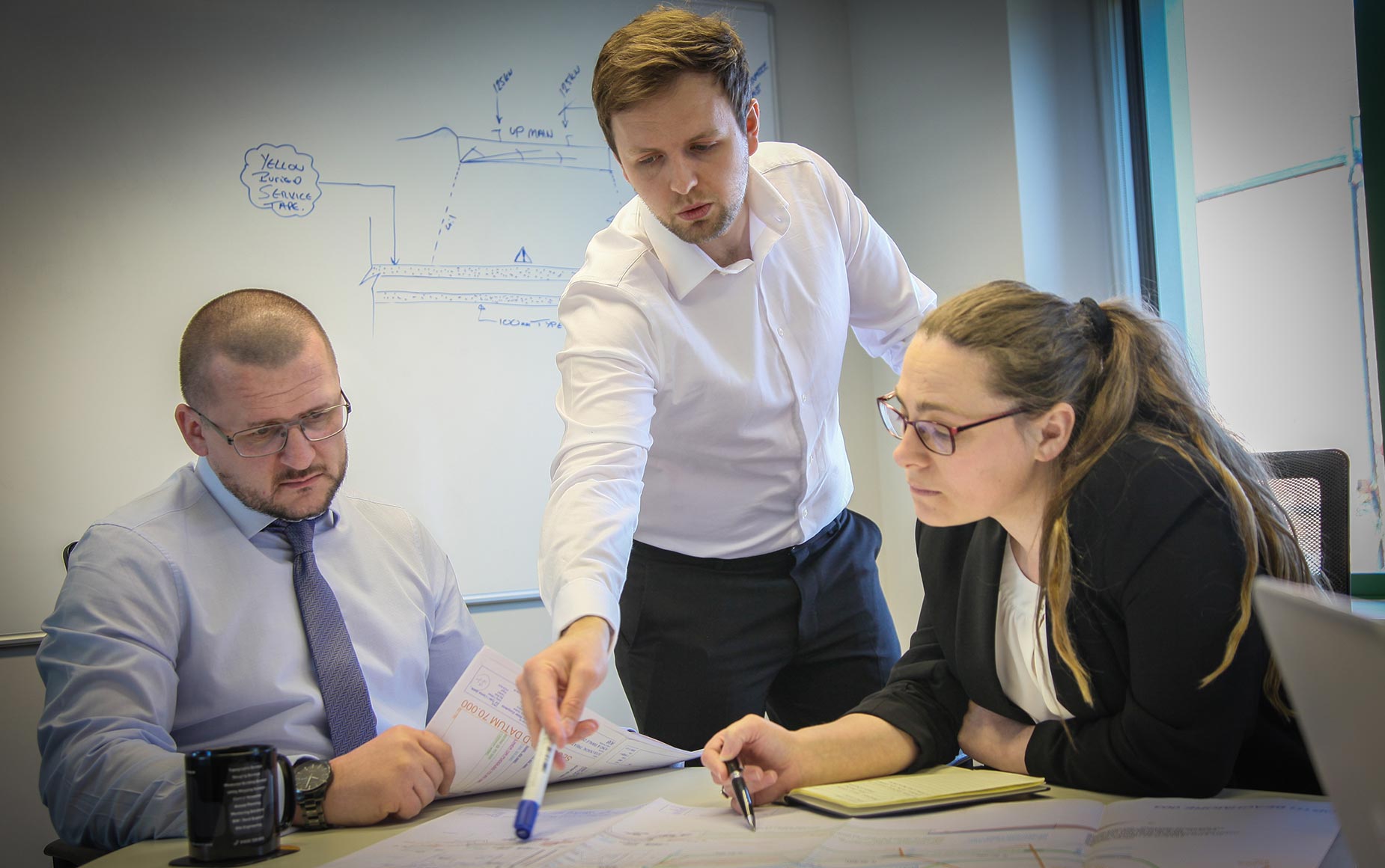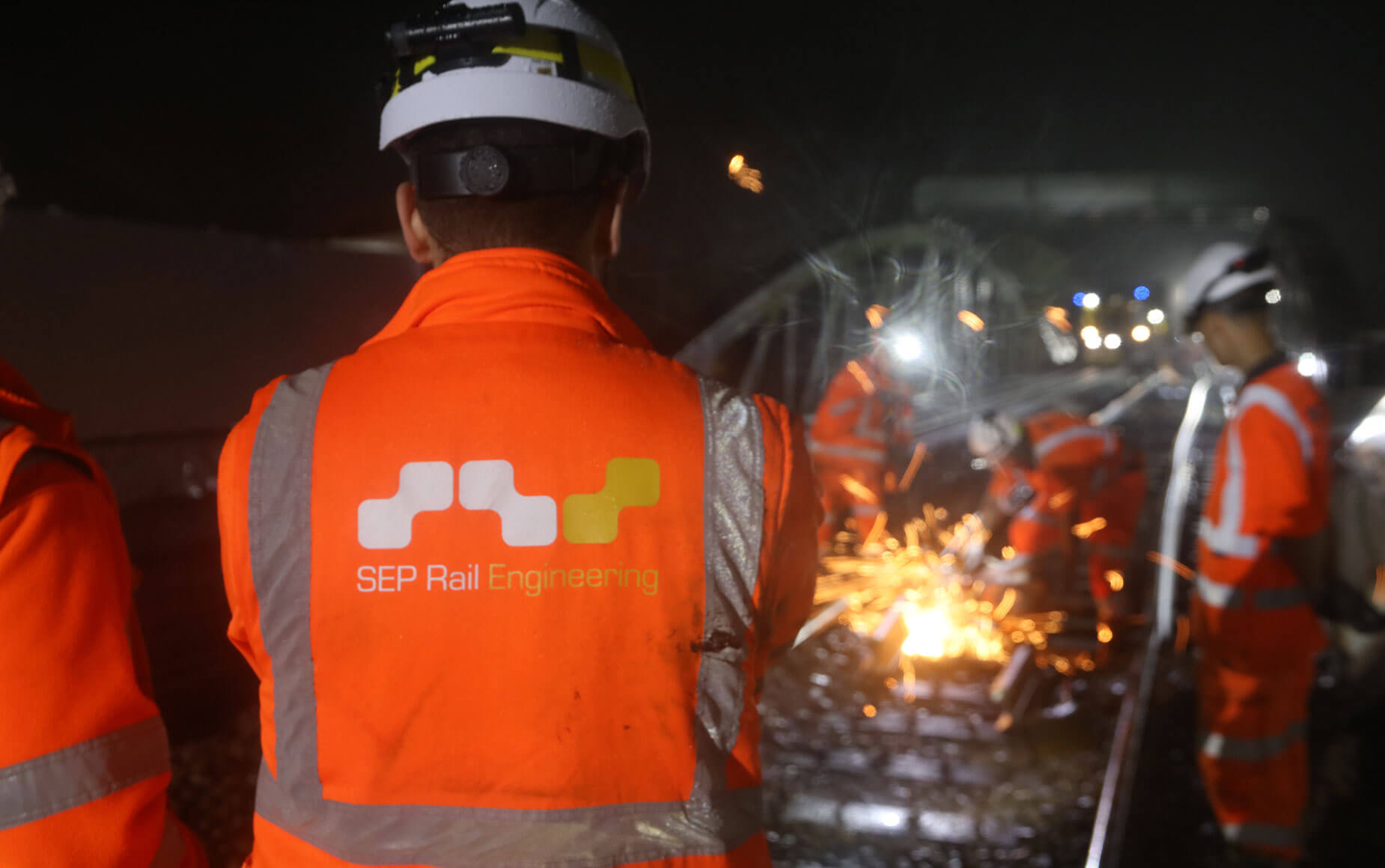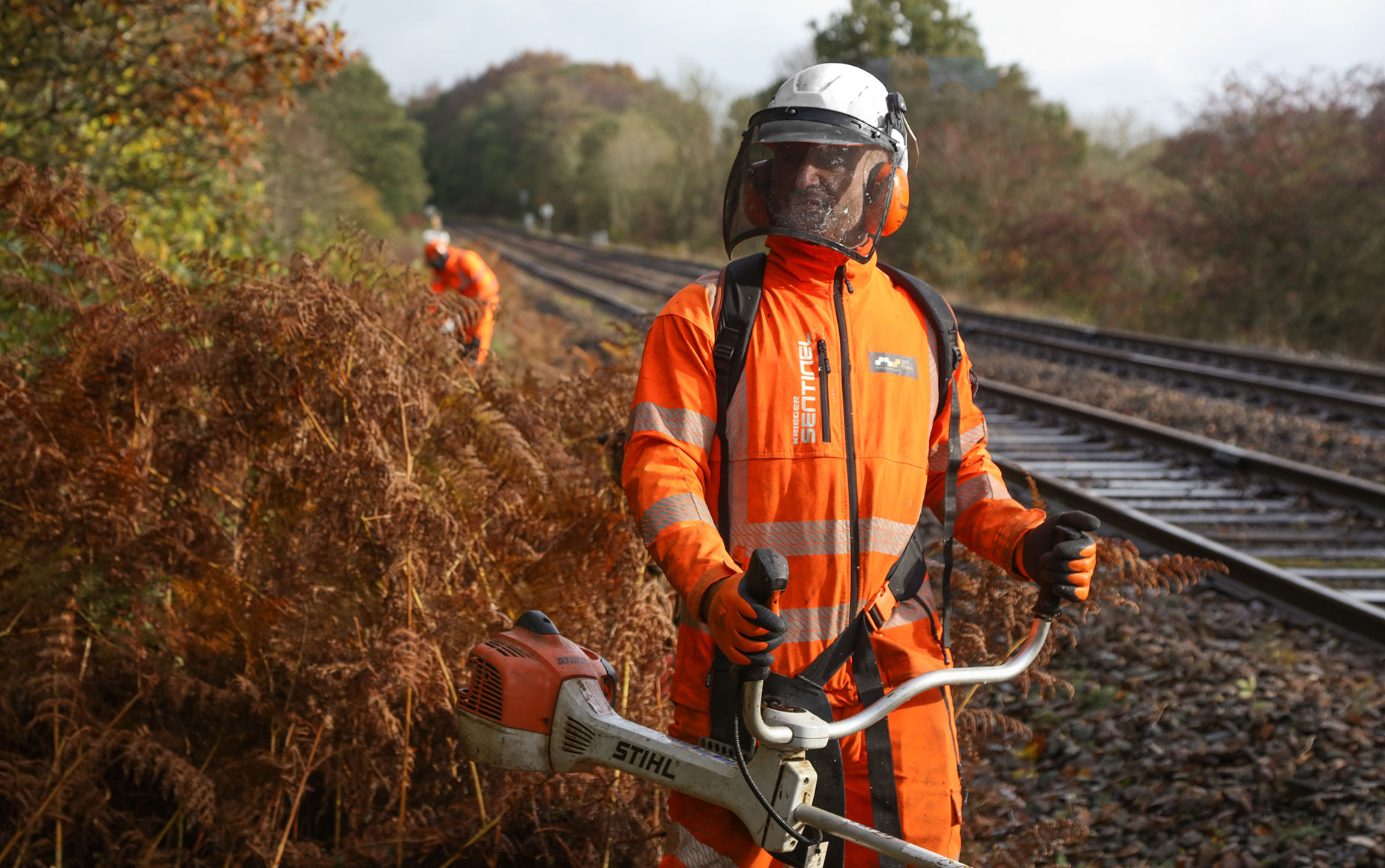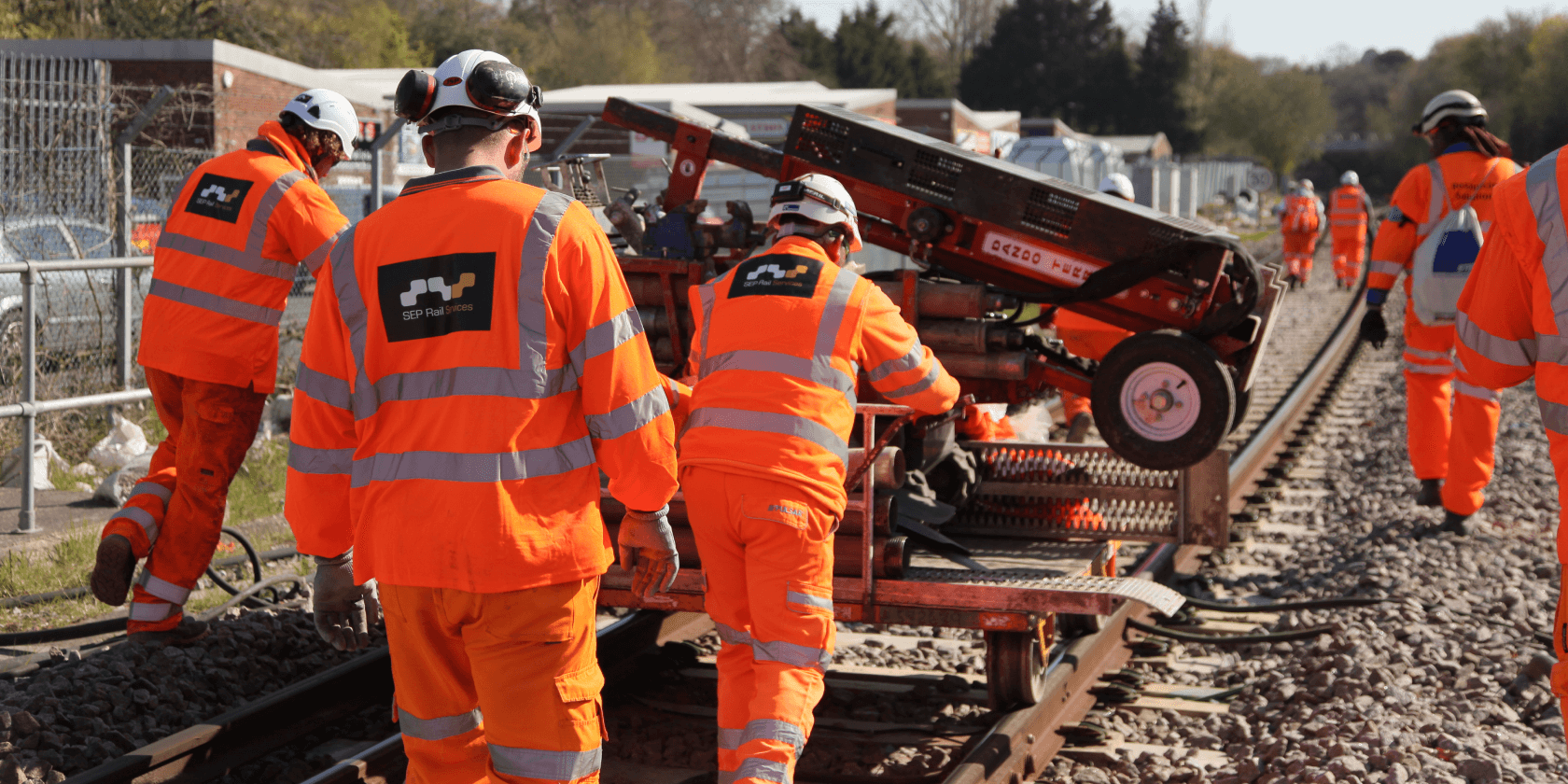Ecology
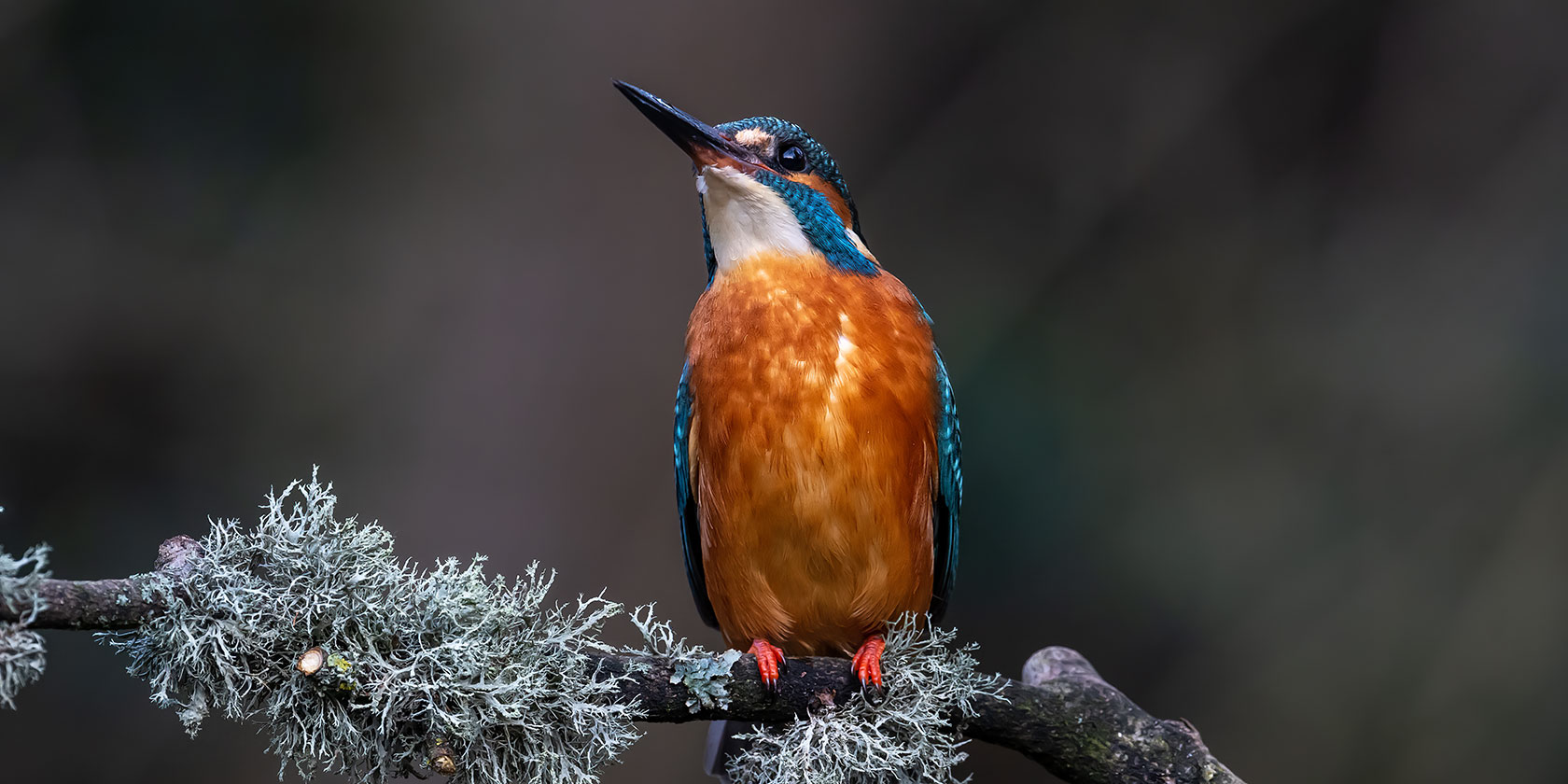
Robust, Cost-Effective Ecology Support
From rail, civils and construction to power generation, renewable energy, and retail, we support clients of all sizes throughout the UK, responding quickly to provide the expert, robust ecological advice and guidance their development schemes deserve.
And whilst the same could be said of others, unlike many ecological consultants, we take a common-sense, pragmatic approach to our work, removing obstacles and offering simple, practical advice, developing cost-effective solutions to help ensure the smooth delivery of all manner of projects, no matter how complex or challenging.
From smooth snakes to great crested newts and everything in between, our fully licensed ecologists carry out surveys for all types of habitats, and both protected and invasive species, liaising directly with the relevant statutory bodies and trusts, and delivering comprehensive reports that add real, measurable value to your projects.
If you’d need ecological support on your developments, or if you’d like to learn more about our expert witness or ecology training services, please get in touch.
Preliminary Ecological Appraisals
A PEA is the first stage of an ecological survey whereby an ecologist carries out a site visit and takes a general view of the site and its overall ecological value. This includes an assessment as to the presence of any species which may require additional works.
Risk Assessments
Ecological risk assessments are designed to provide a higher level of detail in regards to protected species and can relate to information gained from biological records, known presence or anecdotal evidence. Their production leads into the planning of additional surveys and can guide the team on project management.
Protected Species Surveys
Protected species surveys are target surveys designed to look at the presence of any specific species and determine any requirement for a licence application from the statutory consultees (e.g. Natural England).
Nesting Bird Surveys
Nesting bird surveys are undertaken by experienced ecological staff and are regularly a precursor to work where vegetation removal or work disturbing trees will be required, as well as all other natural habitats (e.g. demolition works). The ecologists then advise on whether work can continue or whether an exclusion zone is required.
Emergency Ecological Assessments
Emergency ecological assessments are undertaken at very short notice in cases where emergency works are vital. The ecologist will undertake a rapid risk assessment and a desk top assessment and will then travel to site and advise on wildlife in the emergency situation. This can lead to other surveys or ECOW being required.
Badger Setts
As part of survey and licence works we're able to advise on artificial badger sett design, construction and long term management.
Pond Creation
Pond creation is often required as part of habitat management and can be a mandatory part of a European Protected Species Licence. Our team can design, install and maintain ponds as required.
Biodiversity Net Gain
Biodiversity Net Gain is a mandatory requirement under current planning with many organisations (such as Network Rail) being required to ensure that, where a habitat is destroyed as part of a project, it is returned to its previous value or higher.
Habitat Creation
We are experienced in undertaking habitat creation where works require compensation for destroyed or impacted terrestrial habitat, or where there is a requirement under Biodiversity Net Gain. We work with skilled landscape architects and, where necessary, statutory bodies to ensure the best practical outcome.
Species Licensing
Species licensing is required for many species such as great crested newts, all bats, hazel dormice and so on. All of these (and more) are covered by legislation requiring any work deemed to be having a negative impact to require that, by law, a European Protected Species Licence is in place. Our team has experience of working with all appropriate species.
INNS Assessment and Planning
Japanese Knotweed, Himalayan Balsam and many other invasive non-native species all require a specialised approach and identification. In addition, seasonal growth and length of time required to manage these INNS mean that adequate planning is essential.
Ecology Photography
Practically unique in our sector, we have three professional photographers within our team. Providing everything from 4k video to ultra high resolution stills, we also hold a bank of 50,000+ images covering all aspects of the natural world, including species, habitats and more.
Drone Work
We work closely with professional drone specialists in order to produce both images and video that add significant value to all parties involved with our clients' projects. Deliverables can also include infrared and thermal imaging where required.
Ecological Training
Our specialist ecological consultants have developed a series of educational training programmes allowing clients to educate their team on species, scenarios, legislation and more. We can tailor our courses to fit needs of each client, regardless of whether the audience is made up of site-based or management personnel.

